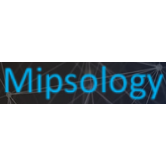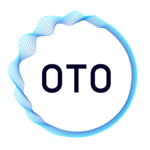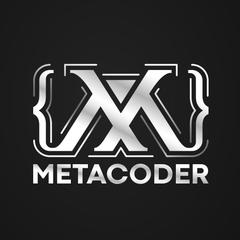
Microsoft Speaker Recognition API
The Microsoft Speaker Recognition API utilizes deep learning technology to identify and verify speakers based on their unique voice characteristics. By providing audio training data, users can create personalized enrollment profiles. This service supports both text-dependent and text-independent verification, making it ideal for applications like customer identity verification and secure access in multi-speaker environments.
Top Microsoft Speaker Recognition API Alternatives
Microsoft Bing Speech API
The Microsoft Bing Speech API utilizes advanced deep learning technology to deliver robust capabilities in speech recognition, text-to-speech conversion, and speech translation.
Microsoft Cognitive Toolkit
The Microsoft Cognitive Toolkit (CNTK) is a robust, open-source deep-learning library designed for scalability and efficiency.
Microsoft Computer Vision API
The Microsoft Computer Vision API empowers developers to integrate sophisticated image processing capabilities into their applications.
Mocha
Mocha is a deprecated deep learning framework for Julia, originally inspired by Caffe.
Zebra by Mipsology
Zebra by Mipsology serves as an advanced Deep Learning compute engine, optimizing neural network inference with remarkable speed and efficiency.
IBM Watson Visual Recognition
IBM Watson Visual Recognition harnesses advanced AI to analyze and classify images with remarkable accuracy.
OTO
The platform enriches NPS scores with in-call intonation analytics, enabling businesses to assess agent engagement...
AssemblyAI - Speech to Text API
It supports over 99 languages, detects speakers, and automatically enhances transcripts with proper punctuation and...
Vyasa Layar
It streamlines workflows, enhances decision-making, and optimizes trial designs, enabling life sciences organizations to efficiently...
Clarifai
With training on over 10,000 concepts and 20 million images, it offers robust analytical capabilities...
Metacoder
It simplifies complex models through automated machine learning, offering millions of small molecule records and...
AWS Deep Learning AMIs
These preconfigured environments support frameworks like TensorFlow and PyTorch, provide robust NVIDIA GPU acceleration, and...
Pienso
It leverages machine learning to transform unstructured information into actionable insights, enhancing decision-making and efficiency...
Microsoft Emotion API
This innovative tool enhances applications by providing insights into emotional responses, enabling developers to create...
PaddlePaddle
It seamlessly integrates dynamic and static graphs for optimal flexibility and efficiency, supports top-performing algorithms...
Top Microsoft Speaker Recognition API Features
- Voice biometrics for identification
- Text-dependent verification option
- Text-independent verification flexibility
- Secure storage of enrollment data
- Cross-check against enrolled profiles
- Customizable data retention policies
- Enrollment for speaker identification
- Up to 50 enrolled speakers
- Voice signature extraction technology
- Integration with Azure AI services
- Customer identity verification for call centers
- Contactless facility access applications
- Non-intrusive audio sample verification
- API for data management
- Support for free-form voice input
- Enrollment and verification automation
- Compliance with data privacy policies
- Responsible AI deployment guidelines
- Flexible integration into existing systems
- High accuracy in speaker recognition














